A system designed to provide streaming data from the VLA to SETI Institute equipment to search for radio transmissions possibly generated by extraterrestrial civilizations has successfully completed its first test.
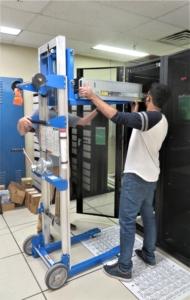
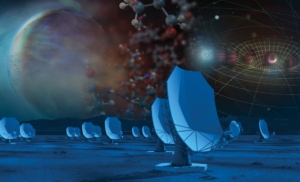
Next Generation Very Large Array Strongly Endorsed by Decadal Survey
The Astronomy and Astrophysics Decadal Survey (Astro2020) of the U.S. National Academy of Sciences has given high priority to the Next Generation Very Large Array (ngVLA) as part of its strategy and vision for the next decade of research at the frontiers of astronomy and astrophysics.
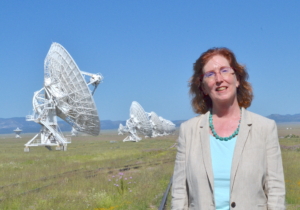
NRAO Names New Assistant Director for New Mexico Operations
The National Radio Astronomy Observatory has named Dr. Patricia (Trish) Henning as its next Assistant Director for New Mexico Operations. In that role, she will lead the operations of the Very Large Array, the Very Long Baseline Array, and the Domenici Science Operations Center in Socorro, NM.
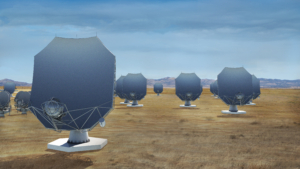
NSF Awards Funding for Next-Generation VLA Antenna Development
The National Science Foundation has awarded NRAO $23 Million for design and development work on the Next Generation Very Large Array, a project proposed as one of the world’s next generation of cutting-edge astronomical research facilities. The award includes funding for producing a prototype antenna for this new radio telescope system.

NRAO Selects Contractor for Next-Generation VLA Antenna Development
The National Radio Astronomy Observatory has selected a contractor to develop a production-ready design and build a prototype antenna for the Next Generation Very Large Array (ngVLA). The ngVLA is proposed as an array of 263 dish antennas spread across North America to form a cutting-edge scientific tool for the coming decades.
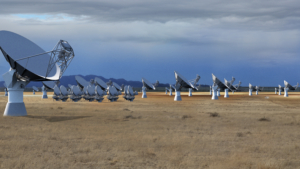
Next Generation VLA Endorsed by Canadian Panel
The Canadian Astronomy Long Range Plan 2020-2030 (LRP) has recommended that Canada give funding support for the construction and operation of the National Radio Astronomy Observatory’s proposed Next Generation VLA (ngVLA), a new facility that will provide transformational research capabilities across many areas of astrophysics. The LRP is a report on priorities and recommendations for Canadian astronomy over the next decade.





